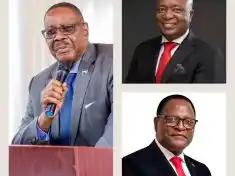
While it is unrealistic to predict a specific victor of the 2025 presidential race in our country, suffice to outline ten qualities that the electorate must consider when choosing a candidate of their choice.
It is important to note that at the time of this publication, a total of 15 presidential aspirants have collected nomination papers from the Malawi Electoral Commission (MEC) pending their submission of the same.
Much as it is appreciated that the number presidential candidates will decline when submitting nomination papers due to other factors including electoral alliances, this preliminary number suggests that there are some patriotic citizens who want to transform our country for the better.
Regrettably, there are very few energetic youths who have expressed their political interest to join the 2025 presidential race.
First, Malawians are advised to vote for the presidential candidate who has a strong moral compass and commitment to ethical governance, which are crucial for building trust with the public and ensuring transparency in leadership.
For example, leaders who have a history of tolerating corrupt practices must be shunned since this vice has grossly contributed to poverty and economic meltdown in Malawi.
Second, relevant political or administrative experience, whether in government, civil service, or community leadership, can provide the candidate with the necessary skills to navigate complex political landscapes.
Malawi is not a laboratory whether experiments are conducted. A voter is thereby advised to elect leaders with a proven track record of administrative experience and leadership.
Third, the presidential candidate must have the ability to articulate a clear and compelling vision for the future of Malawi, addressing key issues such as economic development, education, healthcare, and infrastructure.
Voters must vote for candidates who are providing practical solutions during their campaign period to the social and economic problems Malawi is currently facing.
Fourth, not only must presidential candidates have public good speaking and interpersonal skills but also they should be action-oriented .
It is not enough for presidential candidates to promise the electorate when they know that they will not fulfil anything.
Fifth, a good presidential candidate must have a track record of upholding democratic principles, including respect for human rights, freedom of speech, and the rule of law.
It is regrettable that the current Chakwera regime is disrupting peaceful demonstrations when the same protests assisted them to form government.
Sixth, a presidential candidate must have a good understanding of economic policies and the ability to implement strategies that promote sustainable growth, job creation, and poverty reduction.
Under the current administration, Malawians are grappling with high inflation rates, scarcity of fuel, shortage of forex and skyrocketing prices of basic goods and services.
Seventh, the next president of Malawi must exude the commitment to representing all segments of society, including marginalized groups, and promoting policies that foster social equity and justice.
It is pathetic that the political elite are getting richer while the underprivileged are increasingly becoming poorer. The inequality gap between the poverty-stricken and the wealthy is astronomically widening.
Eighth, the next president must have the ability to analyse complex issues, develop practical solutions, and make informed decisions that benefit the country as a whole.
According to Colin Powell, former US Secretary of State, leadership is about solving problems. A leader must take responsibility.
It is pathetic that the current administration is blaming Covid 19, natural disasters and Russia-Ukraine war for economic meltdown in Malawi without providing solutions.
Ninth, Malawians are looking forward to the next president who has the flexibility to respond to changing circumstances and challenges, including economic fluctuations, social unrest, or environmental issues.
As a matter of fact, Malawi is in dire of transformative leadership. For instance, it is retrogressive thinking to justify corruption, political violence and economic woes rampant during the current regime simply because these vices were also prevalent in the previous governments.
Lastly but not least, the next Malawian president must have a track record of engaging with local communities, understanding their needs, and incorporating their feedback into policy-making processes.
It is pathetic that the current government is busy accumulating both domestic and foreign debt with a view of globe trotting and overspending while the local Malawians are wallowing in abject poverty.
In conclusion, it is envisaged that these qualities can help a candidate resonate with voters and effectively lead Malawi in addressing its challenges and opportunities.
Malawians are further advised to vote for candidates who have most of these qualities regardless of the their tribe or district or region of origin.



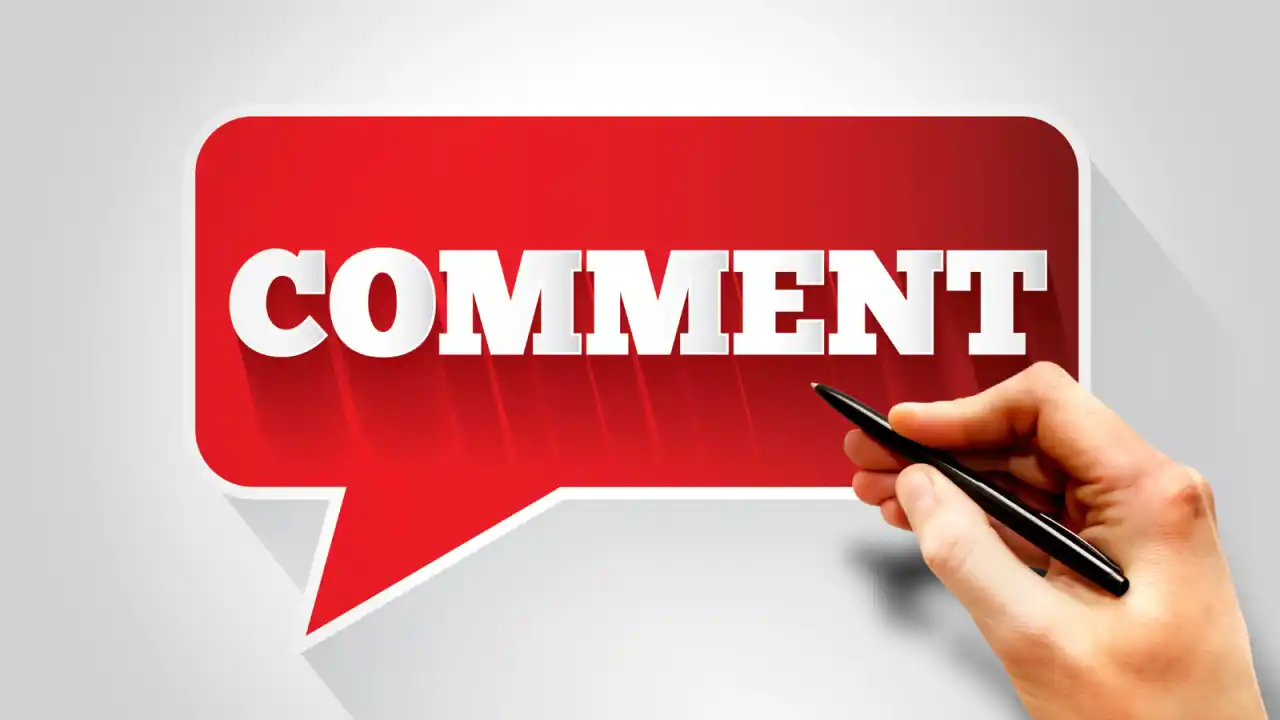

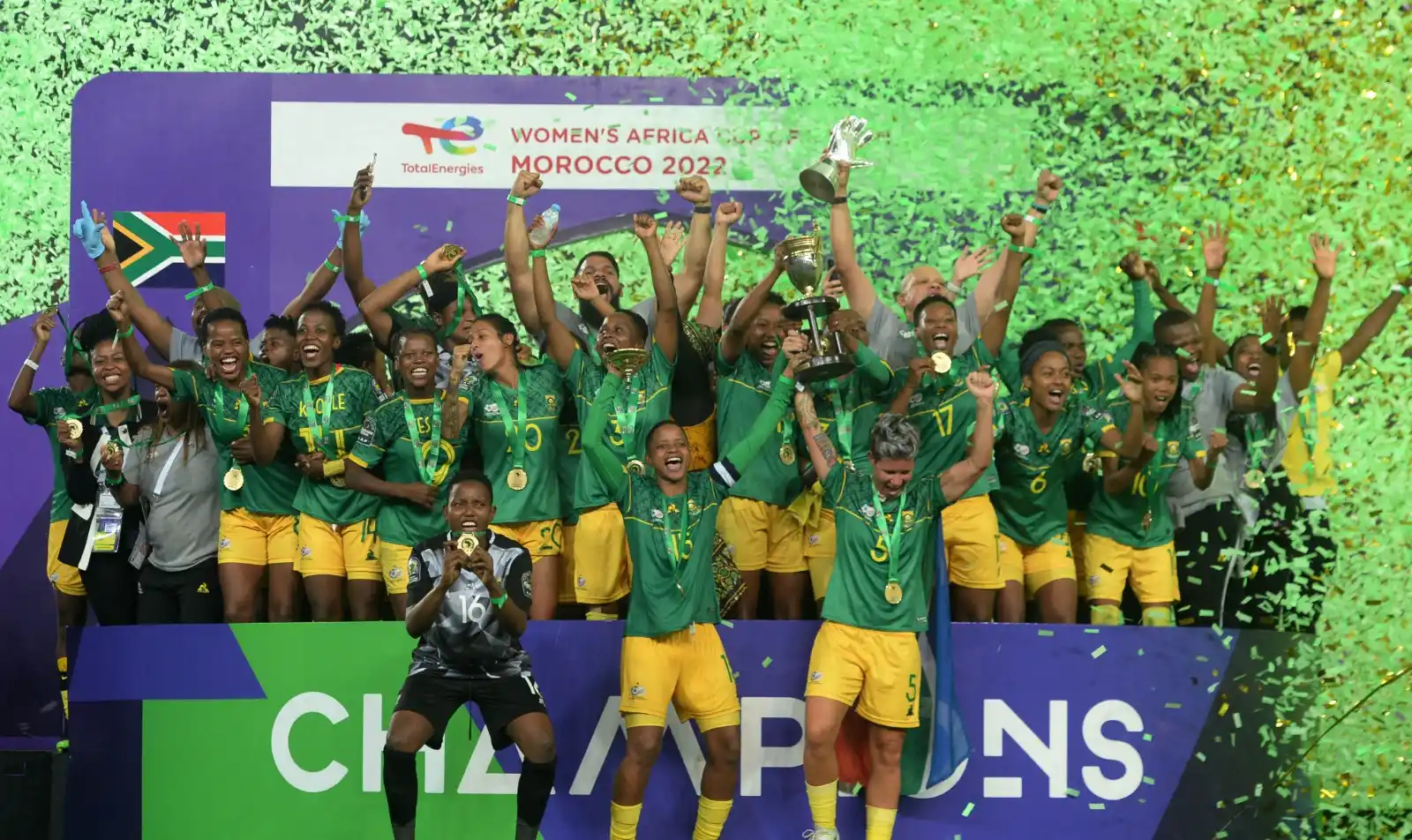
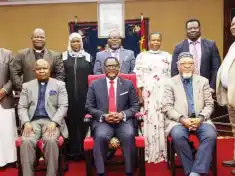
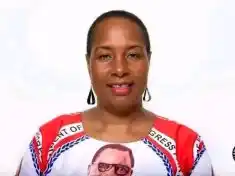
0 Comments